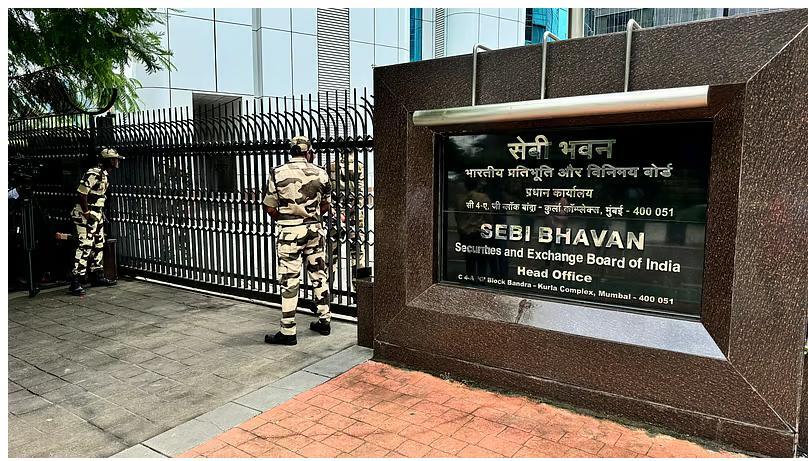
SEBI May Discuss Suitability Test for Retail F&O Investors: Report
The Securities and Exchange Board of India (SEBI) may soon introduce a suitability test for retail investors participating in the futures and options (F&O) segment. According to a report by NDTV Profit, SEBI’s Secondary Market Advisory Committee is likely to discuss the proposal, which aims to assess the knowledge and financial standing of retail F&O investors. The goal is to ensure that only eligible traders engage in F&O trading, thereby helping to curb excessive volumes in the market.
This development is part of SEBI’s broader efforts to protect investors and improve market standards. In recent years, the regulator has taken several measures to strengthen the capital markets, including the introduction of stricter regulations and enhanced risk management frameworks.
The suitability test, if implemented, would require retail F&O investors to demonstrate their understanding of the risks involved in F&O trading. This would involve a series of questions and assessments to evaluate their knowledge of trading concepts, risk management strategies, and financial literacy. The test would also assess their financial standing, including their ability to bear losses and their investment objectives.
The idea behind the suitability test is to prevent inexperienced or unsophisticated investors from engaging in F&O trading, which can be a high-risk activity. F&O trading involves buying and selling contracts that derive their value from underlying assets, such as stocks, commodities, or currencies. While F&O trading can be a profitable way to invest, it also carries significant risks, including the potential for large losses.
Excessive volumes in the F&O segment can also lead to market instability and volatility. In recent years, India’s F&O markets have witnessed significant growth, with the number of active contracts increasing exponentially. While this growth has brought new opportunities for investors, it has also raised concerns about market stability and the potential for market manipulation.
By introducing a suitability test for retail F&O investors, SEBI aims to address these concerns and ensure that only eligible traders engage in F&O trading. The test would help to identify investors who lack the necessary knowledge, experience, or financial resources to participate in F&O trading, thereby reducing the risk of market instability and protecting investors from potential losses.
The suitability test would also help to promote a culture of responsible investing in India’s capital markets. By encouraging investors to think carefully about their investment objectives, risk tolerance, and financial resources, SEBI aims to promote a more informed and responsible approach to investing.
In addition to the suitability test, SEBI has taken several other measures to strengthen the F&O markets. These include the introduction of stricter regulations, enhanced risk management frameworks, and improved surveillance mechanisms. SEBI has also increased its focus on investor education and awareness, with the aim of promoting a more informed and responsible approach to investing.
The impact of the suitability test on retail F&O investors is likely to be significant. On the one hand, the test would help to reduce the risk of financial losses and promote a more informed approach to investing. On the other hand, it could also increase the barriers to entry for retail investors, making it more difficult for new investors to participate in the F&O markets.
However, many experts believe that the benefits of the suitability test outweigh the costs. By promoting a more informed and responsible approach to investing, SEBI can help to protect investors and promote the stability and integrity of the capital markets.
In conclusion, the proposal to introduce a suitability test for retail F&O investors is a significant development in India’s capital markets. If implemented, the test would help to promote a more informed and responsible approach to investing, reduce the risk of financial losses, and promote the stability and integrity of the capital markets. As SEBI continues to evolve its regulatory framework, it is clear that the interests of investors will remain at the forefront of its decision-making process.






